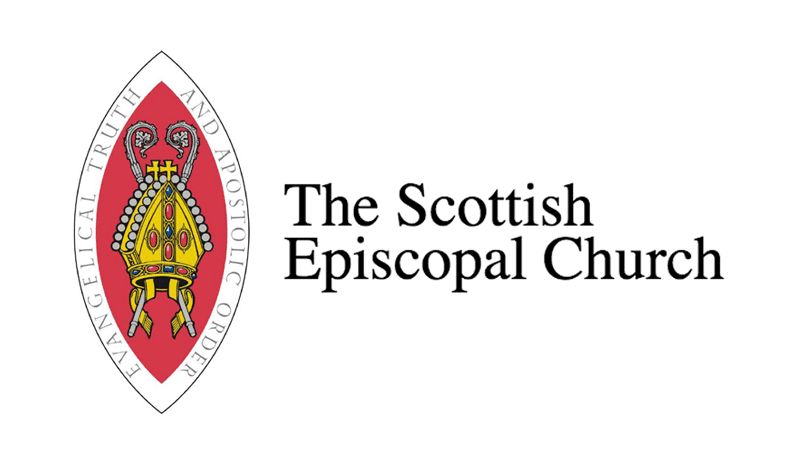The biblical definition of marriage was dropped by the Scottish Episcopal Church at its General Synod meeting in Edinburgh yesterday.
The denomination now states that marriages will take place in its churches merely “in accordance with the civil law of Scotland”.
Marriage was redefined in Scottish law in 2014, but individual churches are not required to participate in same-sex ceremonies.
‘Immense sadness’
The result was expected, and the Scottish Episcopal Church was warned that it would have grave ramifications.
Speaking beforehand Revd David McCarthy, part of the Scottish Anglican Network, said there was an “immense sadness from many people in Scotland” about the forthcoming decision.
He added that he hoped the leadership realised that the decision “will have serious consequences for the Church”.
Civil law
Previously the denomination defined marriage as “a physical, spiritual and mystical union of one man and one woman”, and “a holy and lifelong estate instituted of God”.
In 2011 during a Government consultation on changing the law, it reiterated its view.
However, the new clause reads: “In the light of the fact that there are differing understandings of the nature of marriage in this Church, no cleric of this Church shall be obliged to conduct any marriage against their conscience.
“Any marriage which is to be conducted by a cleric shall be solemnised strictly in accordance with the civil law of Scotland”.
Church of Scotland
Last month, the Church of Scotland also took steps towards same-sex marriage.
It debated a report which acknowledged that the Bible condemns same-sex acts, but claimed Scripture was framed by cultural context.
The Christian Institute’s leaflet on the biblical basis of marriage examines Old and New Testament passages referring to marriage, and explains that those defending the traditional definition do so out of love for God and society.
God’s gift for the whole of society
Mike Judge
We have lost confidence in marriage as a cornerstone of society, and so we retreat to the safety of talking about marriage as a personal commitment rather than a social institution with significance beyond the couple themselves.


